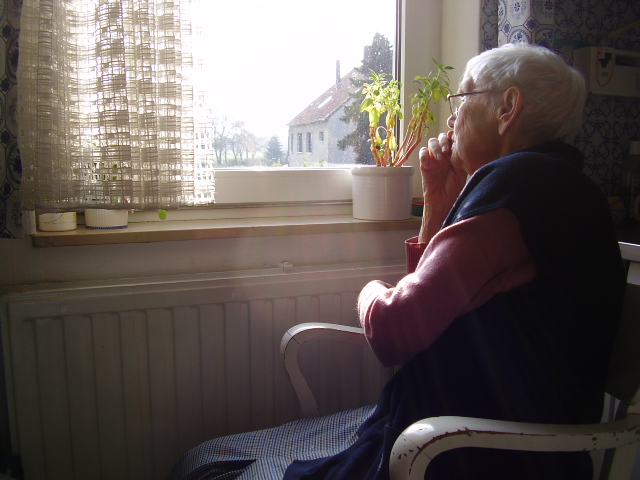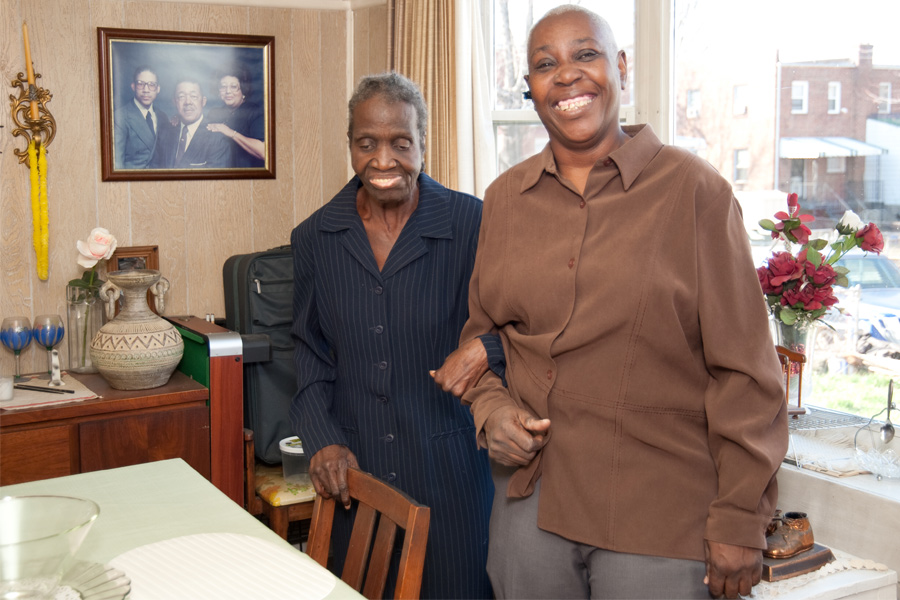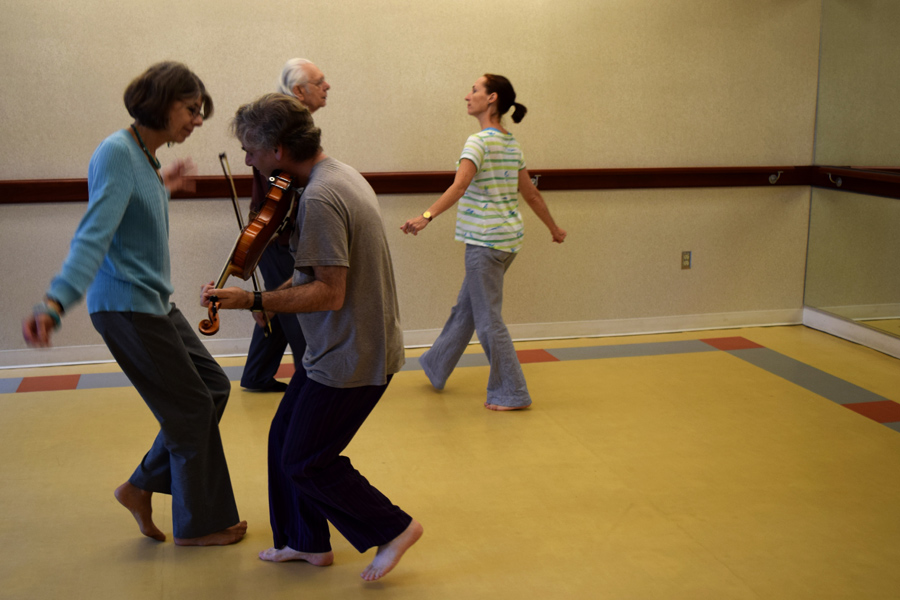Piecing together your aging solo support system

 As you grow older, social connection matters. Meaningful relationships improve the quality of your life. And if you have health problems and need care, you may need someone to help you with day-to-day life, and with navigating the healthcare system.
As you grow older, social connection matters. Meaningful relationships improve the quality of your life. And if you have health problems and need care, you may need someone to help you with day-to-day life, and with navigating the healthcare system.
But more and more, people are aging without a family member or friend who could take on the role of a caregiver or health care decision-maker. In fact, more baby boomers are single than in previous generations, and more are childless.
This growing care gap presents challenges because as people grow older, health changes may make it difficult for them to live alone without supports. So how do folks who are aging solo get the care they need? And who will serve as an advocate if there is a need to make decisions about health care or living arrangements?
Staying in charge when aging solo requires being proactive and creative. It’s about taking action now to piece together the support you may need in the future. Here are some issues to consider:
Quality of life: Is your current living situation one where you can easily access transportation, shops, medical care, and companionship? If not, you may need to think about making a move while you are healthy and active. You could choose to relocate to a continuing care retirement community, but there are other housing options like co-housing, or sharing a home with a group of other people.
Health care decision-making: It’s important to look at your social network, both local and long distance, and think about who you might trust to make health care decisions for you. While it’s ideal to have a local advocate, even if your trusted decision-maker is across the country, it still makes sense to get that person involved and supplement their help with local support. Wherever your health care decision-maker lives, it’s important to complete an advance directive, including a health care power of attorney, and make sure your decision-maker has a copy and knows what your preferences are.
Navigating in a health crisis: Can you and a local friend make an agreement to be on call for each other in the event of a hospitalization? Additionally, some people choose to hire a care manager to be on call. Iona offers this service through Iona Care Partners.
Supportive services: Many people are able to remain in their own homes as they age through a range of supportive services through the aging services network, and neighborhood Villages. Investigate those services in advance so you know what’s available in your community.
By Deb Rubenstein, MSW, LICSW
Deb Rubenstein, MSW, LICSW has been on staff at Iona for over 20 years. She has worked as a care manager, psychotherapist and support group facilitator, and has served as Director of Iona’s Consultation, Care Management and Counseling Services since 2005. In her current role, she oversees a staff of social workers and nurses who provide direct support to older adults and their families. Deb also leads workshops in a variety of settings, including workplaces, for the public, and professionals on a wide range of topics from “How to Help an Older Adult Who Doesn’t Want Your Help” to “Legal and Financial Planning for Retirees and Caregivers.”
Related Articles

The Stories of Dementia in the District

A Couple’s Vows Create Opportunities to Age Well

Can You Imagine Taking Three Buses to Get to Iona?

